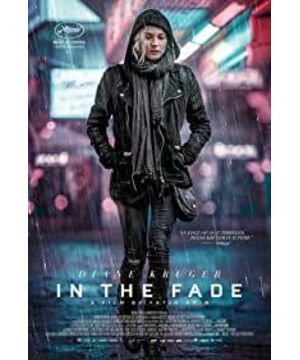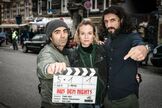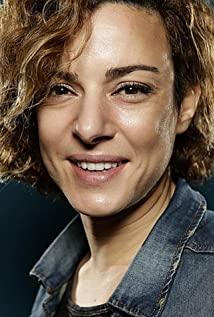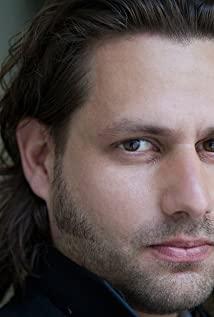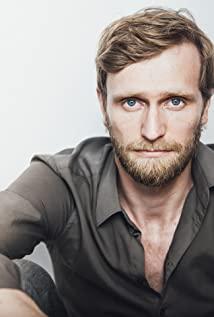A Turkish descent living in a country with a different cultural background and habits, you can only receive rejection and prejudice. When your rights are harmed, they will not sympathize with you. He will only ask if your race caused this disaster. What I saw that was impressed was that when the policeman came to the heroine to investigate the situation, the heroine only wanted to see her husband and son. I was surprised by what the police said, "Your husband and son are already burnt, maybe there is still one arm left." Is the police so silent? If I think that the person I love most has only one arm left, it may be painful that I can't describe it in words. Going to the most exciting part, I think the heroine has a very good grasp of emotions, sad, helpless, and disappointed. And the irony of the law, perhaps because the law is not sound, or to show that society cannot bring down terrorists. In any case, I think the most prominent thing in the film should be the revenge of the heroine. The explosives were put under the car for the first time, and then they were taken out. I have never understood why it was taken out. Only after seeing the second revenge did I understand that she already felt that she could not survive in this society, and she finally died together, and the camera slowly moved upwards. Seeing the sunset, I also saw that their family was finally "reunited".
For the whole film, I think the same point as everyone is that there are too few villains, and I don't know why this is done, or many shots of villains can create more contradictions and highlight the theme of revenge. The intersection of image and reality is a good editing technique just right. The plot itself is average, but due to the tension of the actor's performance, which makes people sink into sad emotions, the plot is relatively unimportant.
View more about In the Fade reviews


